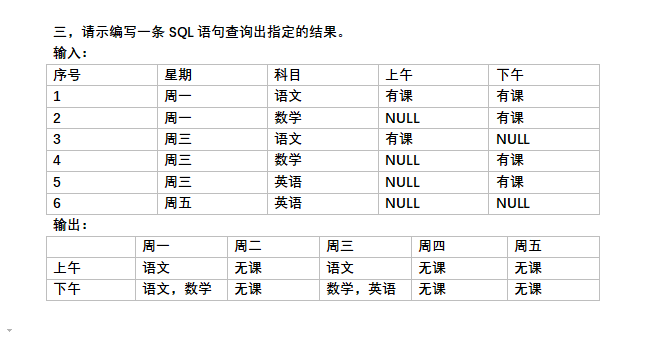I\'m creating a set of enum values, but I need each enum value to be 64 bits wide. If I recall correctly, an enum is generally the same size as an int; but I thought I read somewhere that (at least in GCC) the compiler can make the enum any width they need to be to hold their values. So, is it possible to have an enum that is 64 bits wide?
问题:
回答1:
An enum is only guaranteed to be large enough to hold int values. The compiler is free to choose the actual type used based on the enumeration constants defined so it can choose a smaller type if it can represent the values you define. If you need enumeration constants that don\'t fit into an int you will need to use compiler-specific extensions to do so.
回答2:
Taken from the current C Standard (C99): http://www.open-std.org/JTC1/SC22/WG14/www/docs/n1256.pdf
6.7.2.2 Enumeration specifiers
[...]
Constraints
The expression that defines the value of an enumeration constant shall be an integer constant expression that has a value representable as an int.
[...]
Each enumerated type shall be compatible with char, a signed integer type, or an unsigned integer type. The choice of type is implementation-defined, but shall be capable of representing the values of all the members of the enumeration.
Not that compilers are any good at following the standard, but essentially: If your enum holds anything else than an int, you\'re in deep \"unsupported behavior that may come back biting you in a year or two\" territory.
回答3:
While the previous answers are correct, some compilers have options to break the standard and use the smallest type that will contain all values.
Example with GCC (doucmentation in the GCC Manual):
enum ord __attribute__ ((__packed__)) {
FIRST = 1,
SECOND,
THIRD
};
STATIC_ASSERT( sizeof(enum ord) == 1 )
回答4:
We have no control over the size of an enum variable. It totally depends on the implementation, and the compiler gives the option to store a name for an integer using enum, so enum is following the size of an integer.
回答5:
In C language, an enum is guaranteed to be of size of int. There is a compile time option (-fshort-enums) to make it as short (This is mainly useful in case the values are not more than 64K). There is no compile time option to increase its size to 64 bit.
回答6:
Consider:
enum value{a,b,c,d,e,f,g,h,i,j,l,m,n};
value s;
cout << sizeof(s) << endl;
This will give the output as 4. So no matter the number of elements an enum contains, its size is always fixed.


